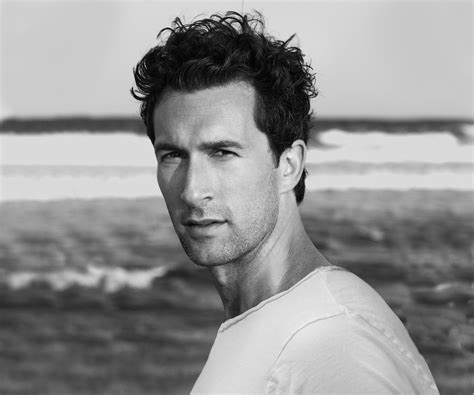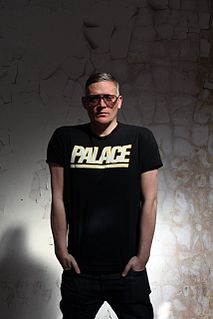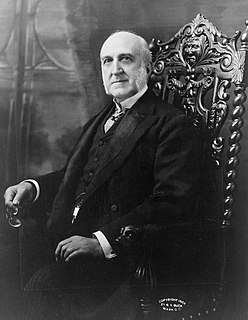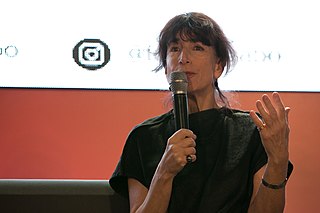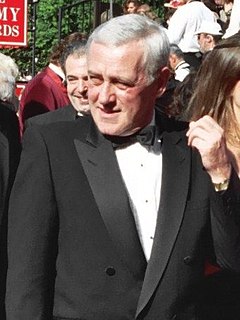A Quote by William Golding
Of the authors writing in English, I'd mention Shakespeare and Milton. But all this is terribly high-hat and makes me sound very po-faced, I'm afraid; however, I just happen to like these enormous, swinging, great creatures.
Related Quotes
The revival of Hebrew, as a spoken language, is a fascinating story, which I'm afraid I cannot squeeze into a few sentences. But, let me give you a clue. Think about Elizabethan English, where the entire English language behaved pretty much like molten lava, like a volcano in mid-eruption. Modern Hebrew has some things in common with Elizabethan English. It is being reshaped and it's expanding very rapidly in various directions. This is not to say that every one of us Israeli writers is a William Shakespeare, but there is a certain similarity to Elizabethan English.
Shakespeare is absolutely big in Africa. I guess he's big everywhere. Growing up, Shakespeare was the thing. You'd learn monologues and you'd recite them. And just like hip-hop, it made you feel like you knew how to speak English really well. You had a mastery of the English language to some extent.
If we claim heritage in Bacon, Shakespeare and Milton, we also acknowledge that it was for liberties guaranteed Englishmen by sacred charters our fathers triumphantly fought. While wisely rejecting throne and caste and privilege and an Established Church in their new-born state, they adopted the substance of English liberty and the body of English law.
As for the multiple editions, in the case of a truly great writer - Shakespeare, Emily Dickinson, Proust, someone with a canon - there is often a "variorum" edition of the work that presents its variants. I think publishing most other writing that way would be impossible, economically, for publishers, and very ill-advised for authors.
For me, a lot of Discipline was very personal writing, like writing through and working out being inside this gendered body and also the compulsions of the body, the muting of the mind as driven by the body. My father had died some years ago so he haunts the book too, just floats through it ghost-like. But, the writing of every book is different for me. They are so like living creatures, these books, so I don't know what's carried over into the writing of the next things - except maybe that I'm best when I make my writing practice a routine.
I didn't want to be the archetypal sponging brother-in-law, so I didn't go into acting when I got to the States. I thought, 'No, I'll go to school and then I'll be an English teacher; that'll be fun.' But I was horrible as a teacher. As hard as I tried, I just couldn't inspire those kids to take an interest in Milton and Shakespeare and Donne.


